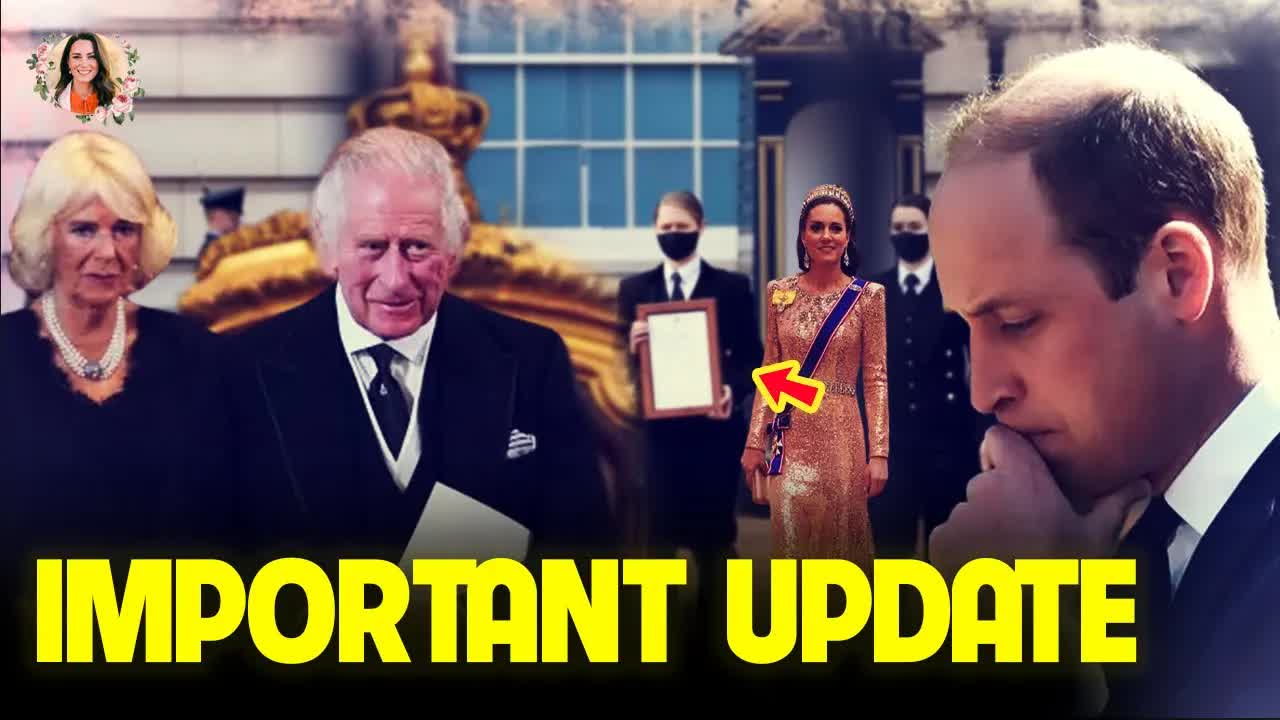The News
A Royal Shift: The Future of the British Monarchy in Uncertain Times
As 2024 unfolds, the British royal family finds itself navigating through a year filled with challenges and uncertainties.
King Charles III, while grappling with his health issues, continues to uphold his responsibilities as monarch.
This situation inevitably casts a spotlight on Prince William and Catherine, who are poised to step into their roles as King and Queen upon King Charles's passing.
The king's current health struggles have raised serious questions about his future.
While he remains steadfast in his commitment to serve, the severity of his cancer remains unclear.
One thing is certain: abdication is not in his plans.
He strongly believes in his oath of lifelong service, which adds a layer of complexity to an already tumultuous situation.
For Prince William, the contemplation of an early ascension reveals his readiness to shoulder more responsibilities.
Yet, this transition is more than just a ceremonial shift; it's a deeply personal journey filled with emotional weight.
As he reflects on his future role, he finds himself torn between the traditions of the monarchy and the need for innovation.
Experts suggest that Prince William is likely to embrace a more progressive approach to his reign, setting himself apart from his father.
His decision to involve Princess Catherine actively in royal duties is a strategic choice aimed at fostering unity within the family.
Her active participation is expected to help maintain the monarchy's strength, especially in the absence of other key figures.
Interestingly, King Charles has not enjoyed the highest popularity ratings among the royal family.
Recent polls indicate that he is perceived as the least favored royal.
This brings to mind past rumors suggesting that the late Queen Elizabeth II wished to bypass the line of succession in favor of William and Catherine.
However, these claims hold no truth, as the legal framework established by the 1701 Act of Settlement mandates that a monarch's heir must be a direct successor and a Protestant.
Despite the challenges, King Charles remains the most qualified member of the royal family to ascend the throne.
His health has been a topic of national concern, yet he continues to fulfill his duties with determination.
The hope that he would live as long as his parents, who both reached advanced ages, has diminished as he turns 75 this year.
As he approaches the second anniversary of his ascension on September 8, this day carries mixed emotions.
It marks not only his reign but also the anniversary of the passing of beloved family members, adding a somber note to the occasion.
Amidst these transitions, the support of Princess Anne is invaluable to Prince William and Catherine.
Her guidance has proven crucial as they navigate the complexities of royal life and make decisions that will shape the monarchy's future.
Known for her strong work ethic inherited from her parents, Princess Anne has consistently been recognized as one of the hardest-working royals.
In 2023 alone, she undertook an impressive 457 engagements, demonstrating her dedication to royal duties.
Looking ahead, she is set to take on a new role as president of the In-N-Out Naval Military Club, a position that holds sentimental significance as her father, Prince Philip, was a long-standing member.
As the royal family faces these uncertain times, the resilience of its members will be tested.
With Prince William and Catherine stepping into more prominent roles, the future of the monarchy hangs in the balance, influenced by tradition, personal conviction, and public perception.






























































